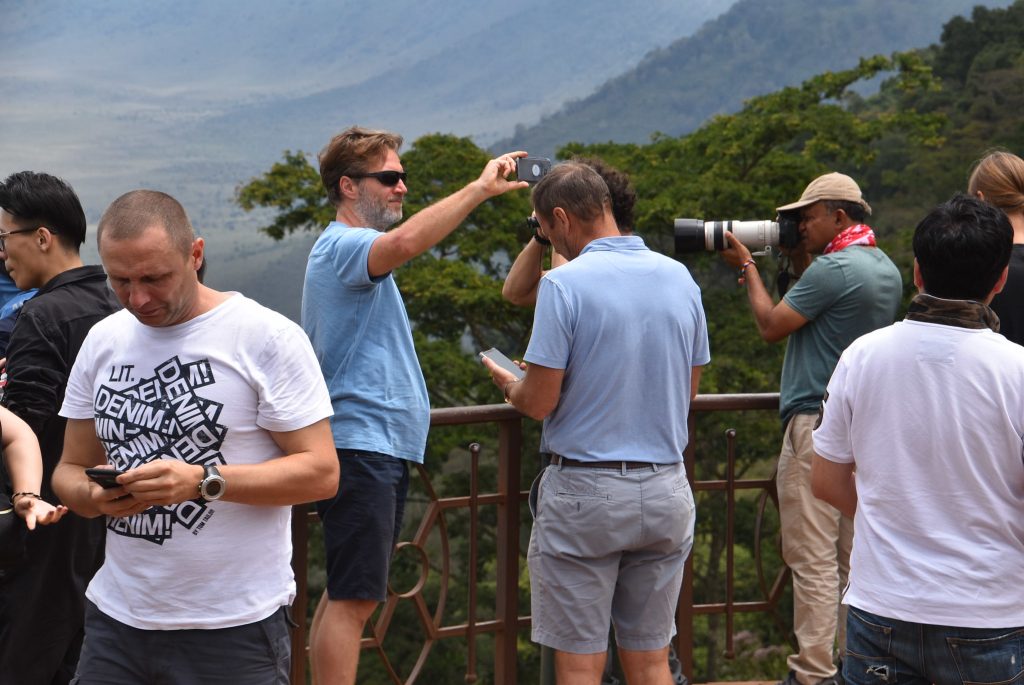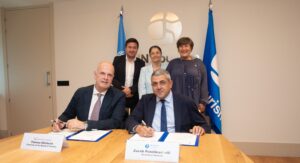Article by Sabine Lehmann
Destinations the world over will be vying for tourists as countries emerge from the lockdowns imposed by the COVID-19 pandemic. Pent-up demand could lead to a post-lockdown spike in travel, but the financial viability of South Africa’s tourism industry depends on regular tourism arrivals and the capacity to support them.
Tourism marketing and operational budgets have been slashed, making the construction of new attractions to create additional reasons to travel to South Africa, unlikely in the near term. We can, however, leverage what South Africa already has in abundance, and luckily these undersold assets fit nicely into what the post-lockdown traveller is seeking.
Post-lockdown travel trends include the desire for outdoor trips, uncrowded destinations and personal travel bubbles with a focus on physical and mental health and wellness. South Africa can cater for these needs in spades and has some extra highlights to leverage when selling its story. This applies not only to the country as a whole, but to smaller establishments and towns looking for a way to highlight things South Africans take for granted, but which are not necessarily available in our source markets. Below are four assets South Africa should leverage, to attract the post-lockdown tourist and support the tourism industry’s recovery.
The Milky Way is not a rare sighting in South Africa
The Milky Way has dominated the night skies throughout human existence, but due to light pollution, a third of humanity is unable to view this spectacle. For many people, the night sky has disappeared – 80% of Americans and 60% of Europeans cannot see the Milky Way. The privilege of seeing our home galaxy is one that South Africans perhaps take for granted – but for many visitors, it is a beautiful and rare sight to behold. Whilst Astronomical Tourism is on the rise and International Dark Sky Places is increasingly encouraging countries to recognise and preserve the night sky, to date only one site in South Africa – the historic!Ae!Hai Kalahari Heritage Park south of the Kgalagadi Transfrontier Park – has been certified as an International Dark Sky Sanctuary. We know that South Africa has many more sites with the potential to be certified with the International Dark Skies designation, and while we get that paperwork in order, let’s promote the fact that you are guaranteed to see the Milky Way when you visit South Africa.

The delightful diversion of dirt roads
Road tripping in your own travel bubble has seen heightened interest as people rediscover the joy of the open road. South Africa’s road network is well-developed – with good tar roads to all major tourist sites. Its dirt roads take you through spectacular scenery and to out-of-the way unusual spots. But have we considered that the dirt road is something to market? How many of our key source markets ever get the opportunity to drive on a dirt road? CNN voted Route 62 through the Klein Karoo one of the world’s top 10 road trips, but many travellers may never have experienced driving on dirt roads before.
Quiet as a resource in a noisy world
Quiet spaces are vanishing rapidly as our increasingly urbanised world gets ever noisier. Quiet spaces are not necessarily silent spaces, but spaces where the sounds of nature can be heard again – bird song, insects, leaves falling or the sound of walking through long grass.
In the United States, 97% of people are exposed to noise from aviation and highways. One study found that humans have doubled the level of background noise in 63% of that country’s protected areas. The three noisiest cities in the world are Guangzhou in China, Cairo in Egypt, and New Delhi in India, with the latter also one of the world’s most air-polluted cities.
Natural quiet, the ability to listen to the sounds of nature without noise pollution, is becoming a scarce commodity as the majority of people in the world are surrounded by manmade noise.
Quiet Parks International (QPI) is committed to the preservation of quiet – being able to listen to nature without noise pollution – both for humans and for wildlife, which requires acoustic silence to communicate and thrive. QPI aims to create places in every country, where people can go to experience natural quiet. The organisation lists over 260 sites globally which have potential for QPI status, and hopes to have 50 certified locations by 2050. The first wilderness quiet park was declared in the Zabalo River region in northern Ecuador. South Africa and South African parks have quietness in abundance – it’s time to leverage this asset and get our quiet spaces listed on QPI.
Fresh air is free but in short supply
Poor air quality is a major factor in many of the world’s megacities, affecting people’s quality of life and long-term health. Fresh, clean air has become even more desirable now that being outdoors is recommended for reducing the risk of COVID-19 transmission. The majority of South Africa has good quality fresh air (Gauteng being the exception). This, combined with a wide range of outdoor activities and dining options, is exactly the tourism offering international visitors are looking for when they arrive.
Dark skies, dirt roads, quiet spaces and clean air are becoming increasingly rare, and are certainly not the norm in the majority of our source markets. Combine these with our unparalleled wildlife, the fact that the majority of our tourism offering is outdoors, and now the My Octopus Teacher effect of a focus on local kelp forests, and we have a story to tell that perfectly matches post-lockdown travel interests. Let’s ensure these assets get the attention they deserve!
Sabine Lehmann is the founder and CEO of Curiositas and founder and chair of the African Association of Visitor Experiences and Attractions. A former managing director of the Table Mountain Aerial Cableway Company, she holds an MBA from UCT Graduate School of Business and a Masters in Futures Study from the University of Stellenbosch.








